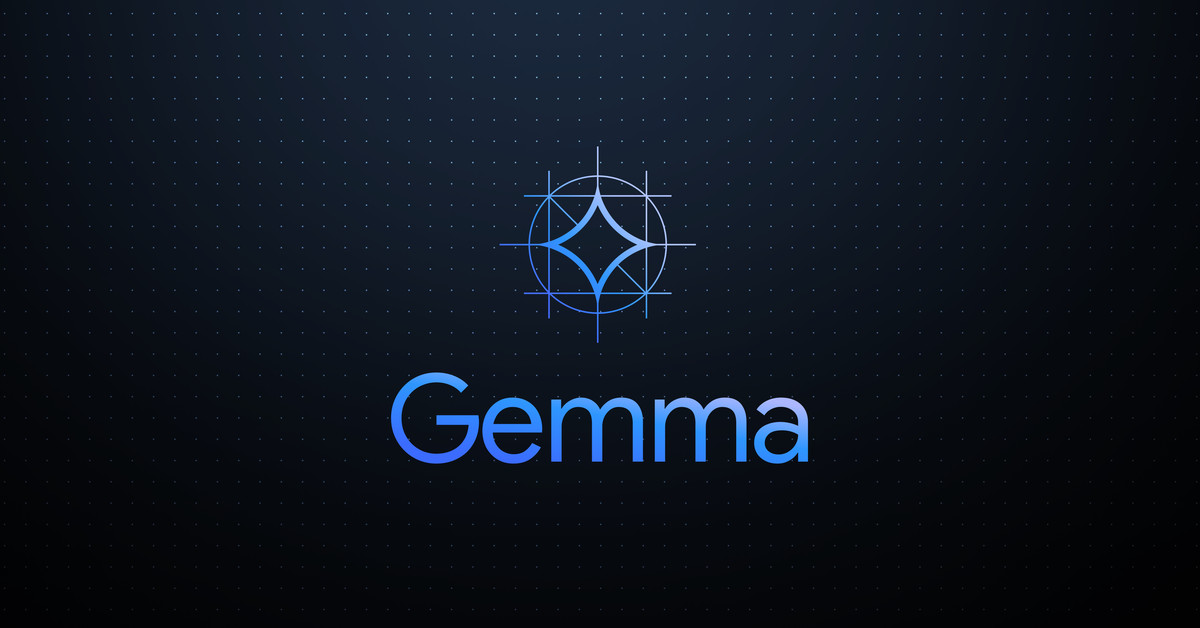Every year, major corporations globally introduce new smartphones with precision, aiming to attract consumers to make significant investments. These companies are increasingly turning to artificial intelligence as a fresh strategy to drive upgrades.
Incorporating advanced AI functionalities, Google and Samsung smartphones now assist users in tasks such as scanning lengthy text passages, adjusting message tones, and enhancing photo quality. At the same time, Apple is racing to develop AI tools for the upcoming iOS software update, slated to coincide with the release of the latest iPhones later this year.
The effectiveness of current AI tools on phones raises a crucial question: How practical are they really? This assessment varies depending on individual usage habits and perceptions of utility. To aid in this evaluation, here is a brief overview of prevalent AI features in today’s smartphones, allowing users to gauge their value based on personal preferences.
While AI advancements are expected to surge in 2024, they are not deemed essential.
Photo Enhancement
Smartphone manufacturers have long focused on improving photo quality captured by their devices’ compact camera sensors. Presently, users can conveniently edit images using basic tools on Google and Samsung phones. These editing features allow for resizing, repositioning, or object removal, with generative AI algorithms seamlessly filling in visual gaps. However, these tools have limitations and may not create entirely new elements or fantastical additions beyond the original image. Resulting edits may exhibit discrepancies or smudged areas where the AI struggled to replace removed objects convincingly.
Additionally, Google’s Best Take for Pixel phones enables users to select specific facial expressions from a series of photos, hinting at increased AI involvement in photography with new phone acquisitions.
Message Customization
Customizing message tones is crucial for differentiating between professional and casual communication. Samsung’s Chat Assist and Google’s Magic Compose utilize generative AI to refine message language for better resonance. While Google’s Magic Compose is limited to the Messages app, Samsung’s Chat Assist can be used across various text input interfaces on Galaxy S24 phones, allowing users to switch communication styles seamlessly.
However, these tools, while functional, may have limited everyday utility. For instance, Samsung’s Chat Assist may not intervene in scenarios involving mildly inappropriate language, potentially missing opportunities for correction.
Voice Transcription
Voice recorder apps on Google’s Pixels and recent Samsung models not only capture audio but also transcribe recordings into text format. This feature aims to reduce the need for extensive note-taking during meetings or lectures. While the automated transcription tools generally produce readable transcripts, refinement is often required for accuracy, especially for important purposes.
Content Summarization
Navigating lengthy online content can be arduous. Google’s Pixel phones, when used with the Chrome browser, can summarize lengthy webpages for quick comprehension. However, these summaries may lack depth. In comparison, Samsung phones excel in summarizing notes and recordings effectively, surpassing Google’s offerings with detailed AI-generated summaries. Both tools, however, cannot summarize paywalled website articles, a common feature among major U.S. newspapers.
Cost Considerations
While Samsung’s AI tools are currently complimentary, there are indications on their website of potential future charges for these services. Google, on the other hand, limits some AI features to specific devices. Although Google may introduce paid subscriptions for exclusive AI tools based on past practices, no official announcements have been made yet. Inquiries to Google regarding this matter remained unanswered at the time of writing.










